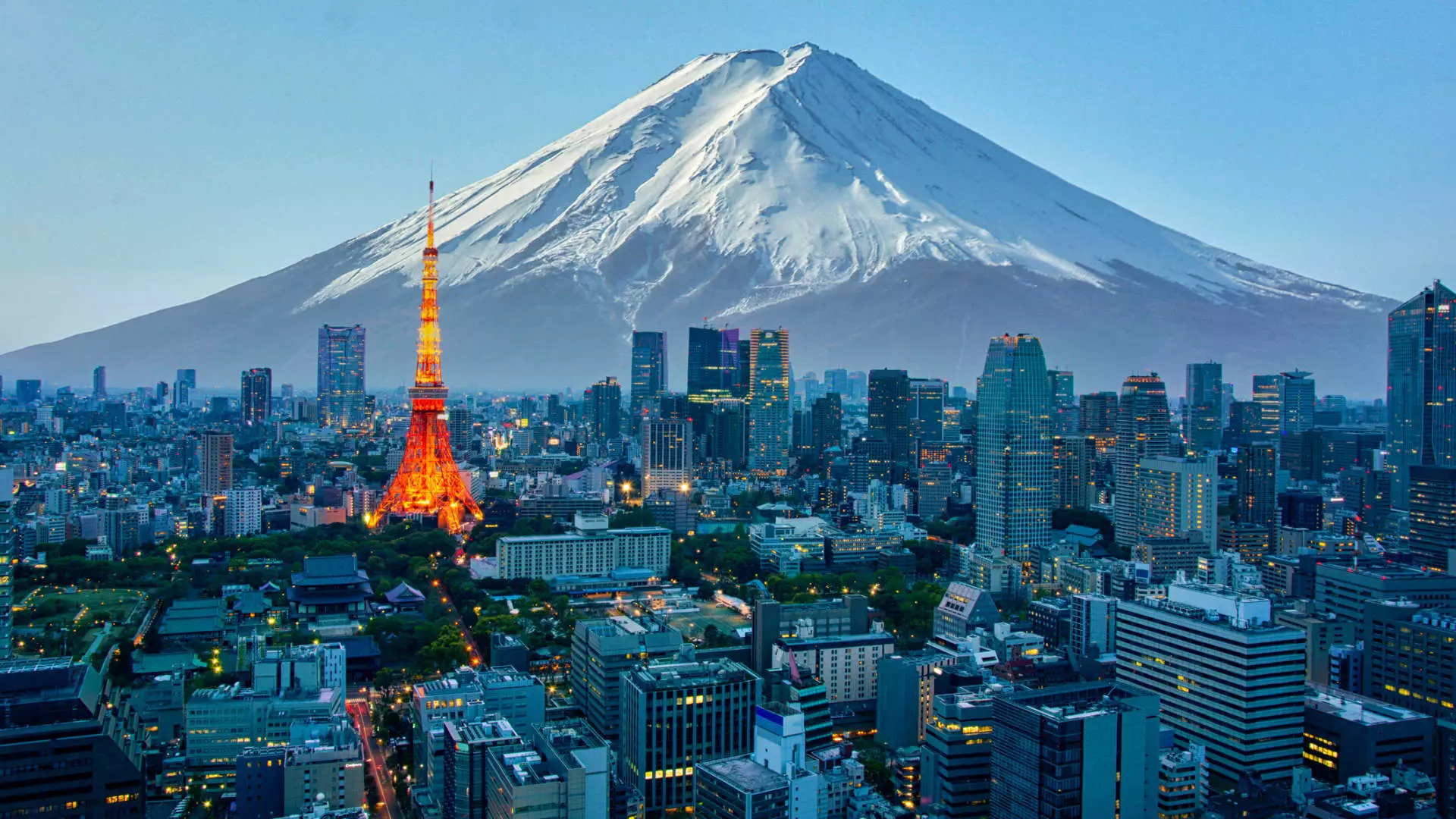In the rapidly evolving landscape of professional life, the concept of the traditional office is giving way to a more dynamic, flexible approach. The idea of combining work with leisure—remarkably termed “workcation”—has gained unprecedented popularity, transforming how people perceive productivity and quality of life. This shift isn’t merely a passing trend; it signifies a fundamental change in workplace culture driven by technological advancements, societal values, and environmental considerations.
At the forefront of this revolution is Tokyo, emerging not just as a city, but as a symbol of innovative living. The latest findings from the International Workplace Group’s 2025 report showcase Japan’s capital as an ideal destination where efficiency meets culture, and urban vibrancy blends seamlessly with natural retreats. Such recognition isn’t accidental; it underscores Tokyo’s dedication to creating an environment conducive to remote work—one that is flexible, technologically sophisticated, and culturally rich.
Why Tokyo Outshines the Competition
Tokyo’s ascent to the top of the list is rooted in its outstanding infrastructure. Its broadband speed is among the fastest globally, a critical factor for remote workers reliant on stable internet for their daily tasks. Complemented by an efficient public transportation system and a high level of safety, the city offers a seamless experience that encourages sustained productivity away from the traditional office.
Beyond logistics, Tokyo offers an infusion of culture and natural splendor. From serene mountain retreats to scenic coastal regions within easy reach, the city caters to those seeking a balance between relentless urban energy and tranquil escapes. This proximity to nature isn’t an afterthought but a strategic advantage; it provides downtime necessary for mental well-being, a crucial component of sustainable remote work.
Cultural vibrancy, alongside infrastructure, boosts Tokyo’s appeal. Its seamless blend of the old and new—charming temples alongside futuristic skyscrapers—embodies a lifestyle that many digital nomads find inspiring. Additionally, Japan’s recent digital nomad visa policy lowers barriers for international professionals, making it easier for remote workers to establish a semi-permanent base, further fueling the city’s attractiveness.
Global Trends and the Future of Workcations
The report reveals that over 86% of hybrid workers prioritize flexibility around workspaces, underscoring an irreversible shift in workplace expectations. This isn’t just about convenience; it’s about reclaiming control over one’s schedule and environment. Digital infrastructure, affordable accommodation, and lifestyle amenities are no longer optional—they’re prerequisites for leading the modern workforce.
Cities like Seoul, Barcelona, and Rome also make the top ranks, each offering unique selling points—ultra-fast internet, rich history, delectable cuisine, and vibrant communities. Notably, Seoul’s emphasis on digital infrastructure and the support of a thriving community of remote workers exemplify how a well-structured digital ecosystem can foster a robust workcation culture.
Emerging destinations such as Mexico City, Cape Town, and Reykjavik indicate that the landscape of workcations is still expanding. These cities provide access to natural beauty and digital amenities, proving that the allure of remote work extends beyond traditional hubs. It also challenges the notion that productivity is tied solely to familiar corporate environments, emphasizing adaptability and resilience.
Reimagining Urban Life and Sustainability
The continuing rise of workcations underscores a broader societal shift towards prioritizing wellness, cultural richness, and environmental consciousness. Cities that invest in green spaces, sustainable transport, and flexible work infrastructure position themselves as frontrunners in this new era. For Tokyo, this means not only maintaining technological excellence but also promoting ecological sustainability and cultural preservation.
This movement isn’t just about leisure or convenience; it’s about creating a sustainable way of life that values balance, community, and health. As companies increasingly adopt flexible policies, the possibility of integrating leisure into work routines becomes not just desirable but essential for long-term success. Cities that embrace this philosophy nurture happier, more engaged workers—an investment with profound ripple effects across societal, economic, and environmental domains.
In the end, Tokyo’s recognition as the top workcation city in 2025 isn’t merely a ranking—it’s a statement. It signals a future where urban centers evolve into holistic environments that cater to the modern professional’s multifaceted needs. By blending technological innovation, cultural depth, and access to nature, Tokyo exemplifies a new way forward—one where work-life harmony is not an aspiration but a reality rooted in strategic planning and visionary thinking.


Leave a Reply